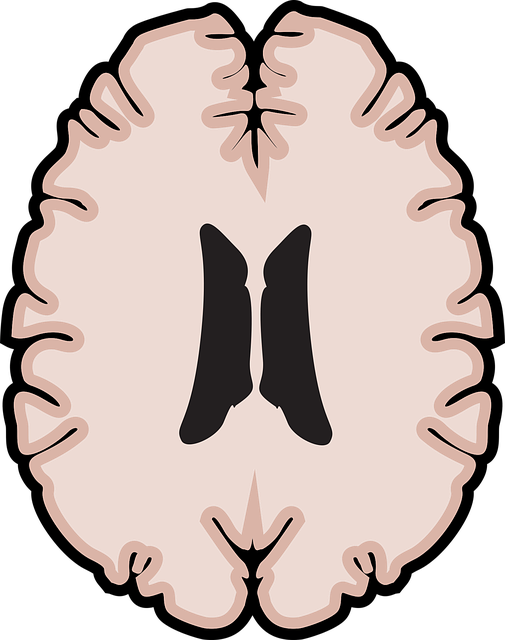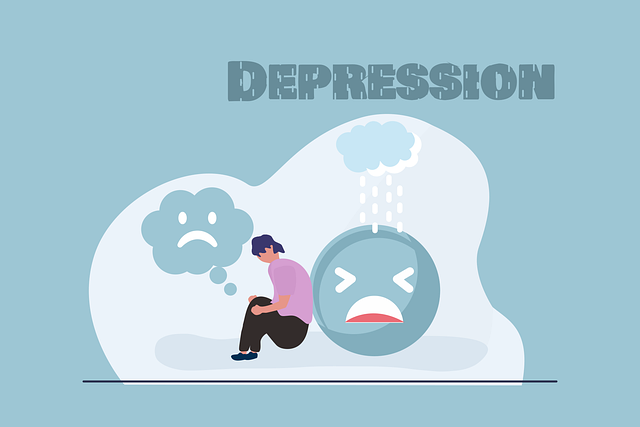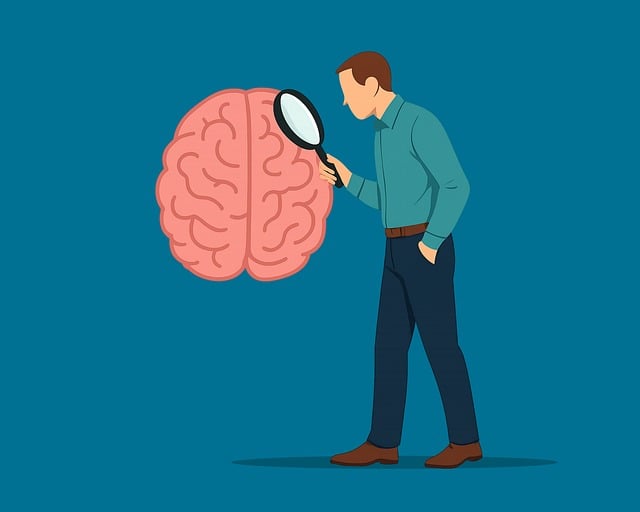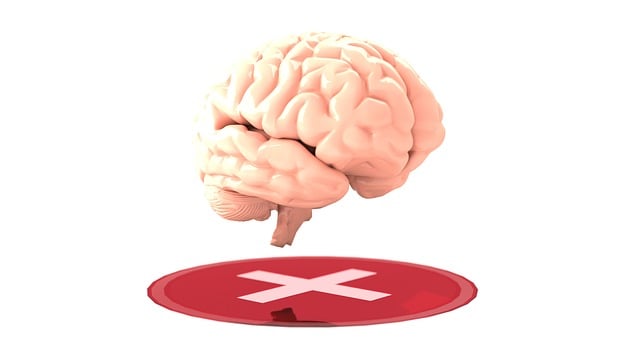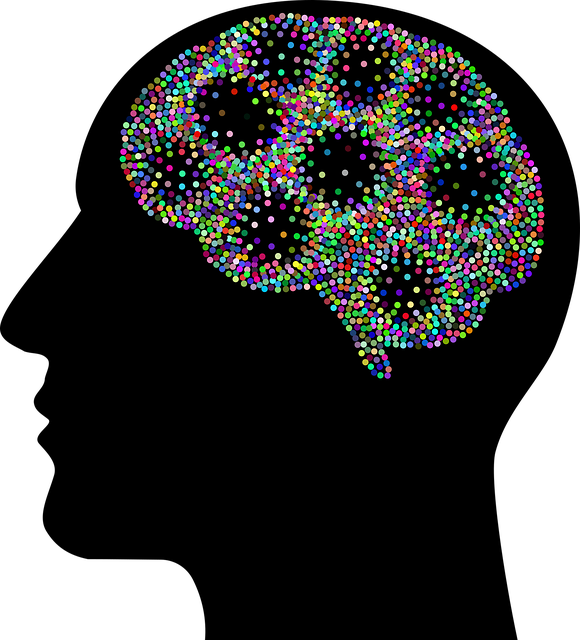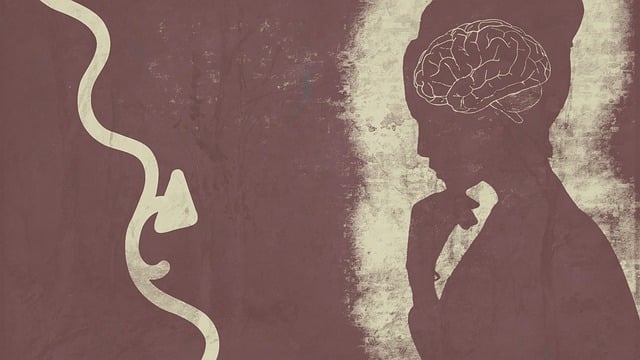Mental health support tailored for bilingual children involves incorporating linguistically diverse strategies in therapy and education programs. Specialized workshops teach stress management skills in both languages, empowering kids with emotional expression tools and mental health awareness. Engaging programs using simple language, visual aids, and age-appropriate cultural content foster inclusivity and create safe spaces for learning. Evidence-based practices like Cognitive Behavioral Therapy (CBT) integrated with bilingual strategies enhance accessibility and culturally sensitive care, aiming to improve children's emotional well-being. Continuous evaluation through feedback guides curriculum adjustments, emphasizing cultural sensitivity for building trust in diverse communities.
Mental health issues among children have garnered increasing attention, underscoring the need for comprehensive education programs. This article explores the design of an effective mental health education program tailored for children, focusing on a bilingual approach to address the unique needs of diverse populations. We delve into strategies for creating engaging and inclusive learning environments, integrating evidence-based practices, and implementing successful implementation strategies. By combining these elements, we aim to enhance therapy outcomes for children through culturally sensitive, accessible programs. Key keywords: Therapy for Children Bilingual.
- Understanding Mental Health Issues in Children: A Bilingual Approach
- Designing an Engaging and Inclusive Education Program
- Incorporating Evidence-Based Practices for Effective Therapy
- Implementation Strategies for Success and Continuous Improvement
Understanding Mental Health Issues in Children: A Bilingual Approach

Understanding Mental health issues in children requires a nuanced approach, especially when catering to a diverse population with varying linguistic backgrounds. A successful program design for promoting mental well-being among children should incorporate a bilingual strategy, providing therapy and support in both languages. This method ensures that every child receives care tailored to their specific needs, fostering effective communication and building trust.
Bilingual therapy can be implemented through specialized workshops and organizations offering stress management skills development for kids. These sessions can cover various topics like emotional expression, coping mechanisms, and mental health awareness, all delivered in both languages. Such initiatives empower children with the tools to navigate their feelings, reduce stress, and promote resilience, thereby enhancing their overall mental health and well-being.
Designing an Engaging and Inclusive Education Program

Creating an engaging and inclusive mental health education program requires a thoughtful approach to cater to diverse learners. Incorporating interactive elements, such as role-playing scenarios and group discussions, can make complex topics more accessible. Using simple language and visual aids, especially in bilingual settings, ensures that all children understand the material. For instance, integrating age-appropriate stories or games from different cultural backgrounds can foster a sense of belonging and encourage open conversations about mental well-being.
The program should also prioritize building an inclusive environment where every child feels valued. This involves training educators on cultural sensitivity and mental health literacy to address potential stigma associated with mental illness. Effective communication strategies, such as active listening and clear explanations, are essential tools for empowering children to express their feelings. By combining these elements, the education program aims to not only teach but also create a safe space for children to learn, share, and grow in understanding their mental health needs, including exploring therapy options tailored to their unique backgrounds, like bilingual therapy for children.
Incorporating Evidence-Based Practices for Effective Therapy

In designing an effective mental health education program, particularly for children and bilingual populations, incorporating evidence-based practices is paramount. Therapies like cognitive behavioral therapy (CBT) have proven to be transformative in addressing mood management issues, enhancing mental health awareness, and fostering self-awareness exercises tailored to diverse cultural backgrounds. By leveraging these evidence-backed methods, educators can ensure that the program provides effective interventions for children facing emotional challenges.
The integration of bilingual strategies is crucial within these practices, ensuring accessibility and culturally sensitive therapy for all participants. This approach not only promotes inclusivity but also enhances the overall effectiveness of the mental health education program. Through such comprehensive design, educators aim to equip children with valuable tools to navigate and improve their emotional well-being.
Implementation Strategies for Success and Continuous Improvement

Implementing a mental health education program requires strategic planning and continuous evaluation for optimal success. To ensure effectiveness, consider integrating Emotional Well-being Promotion Techniques that cater to diverse learning styles and age groups, particularly when targeting children and bilingual populations. Customized activities and resources can enhance engagement and accessibility, fostering an environment where mental health discussions thrive.
Regular feedback mechanisms, such as post-program surveys and focus groups, are essential tools for gathering insights from participants. This data informs adjustments to the curriculum and delivery methods, enabling the Stress Management Workshops Organization to refine their approach over time. Incorporating Cultural Sensitivity in Mental Healthcare Practice is likewise vital to build trust and ensure the program resonates with diverse communities. By embracing adaptability and responsiveness, the initiative can evolve to better serve its intended audience.
Mental health education programs play a pivotal role in fostering resilience and well-being among children, especially those from diverse linguistic backgrounds. By incorporating evidence-based practices, engaging designs, and inclusive strategies, we can deliver effective therapy tailored to the unique needs of young minds. A bilingual approach, as highlighted in this article, is not just beneficial but essential for addressing mental health issues effectively. Through continuous improvement and a commitment to success, we can create programs that make a lasting impact on children’s lives.

